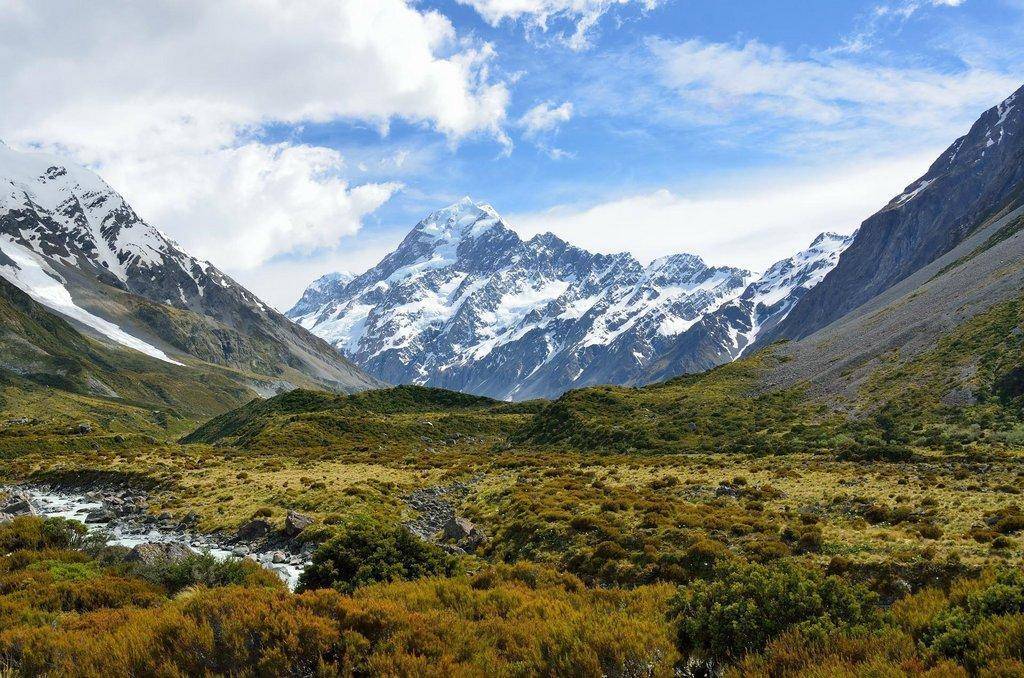By Shelby Ruud Jarman
Utah State University Extension joined forces with the Extension Foundation, the Western Rural Development Center and the University of California to host “Climate Change in Extension: Elevating and Amplifying Action.”
The virtual forum brought together Extension faculty, staff, federal representatives, administrators and constituents to address the question of what the Cooperative Extension System should do to advance climate change programming.
Over 200 participants engaged in dialogue with federal and state leaders each day about barriers and opportunities, and the final day brought Extension professionals from around the country together to ideate action items for moving forward.
“No idea or action is too small, but inaction is not an option,” said Carrie Castille, director of the U.S. Department of Agriculture’s National Institute of Food and Agriculture.
Roslynn McCann, sustainable communities Extension specialist and the national Extension liaison to the Extension Committee on Organization and Policy’s (ECOP) climate change taskforce, is working with a team to edit the action items, match each item up with federal leaders and present them at the federal level.
“With the USDA and ECOP now working closely with us, we are hopeful these actions will lead to an increase in positions and funding for people to engage in this important interdisciplinary work,” she said. “I’m hopeful about the paradigm shift that is occurring both federally and at the local level in Extension with regards to climate change programming.”
USU Extension Vice President Ken White spoke on a panel with other state Extension leaders about climate change-related Extension programming throughout the country.
“As leaders, we have to challenge ourselves around what the critical issues are going to be five to 10 years down the road,” he said. “These issues are not going to be easy. We see it with racial disparities, health disparities and climate change. It’s important in the positions we’re in that we take leadership. Being in land-grant institutions gives us some level of protection and also gives us some responsibility. We don’t want to alienate our ag constituents, but we also need to lead in supporting researchers and educators in the work they’re doing.”
For more information about USU Extension programming, visit https://extension.usu.edu/.

